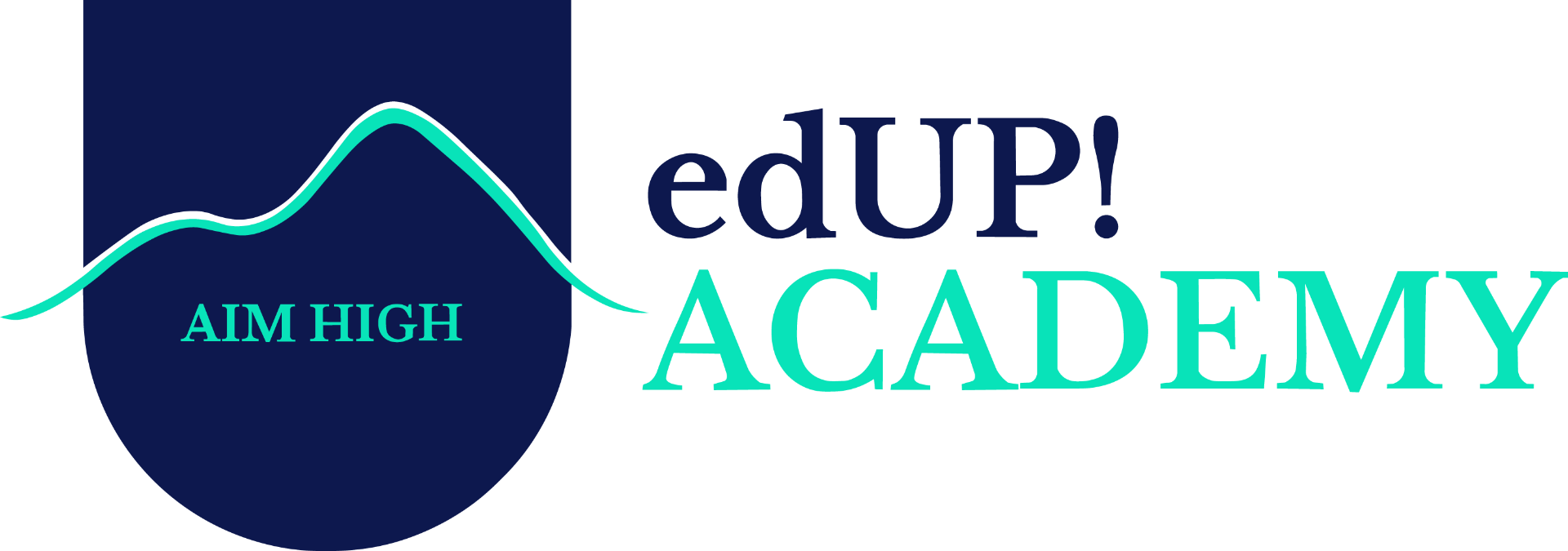What is self-regulated learning?
Self-regulated learning refers to the ability of students to take control of their own learning process, a concept deeply studied by educational psychologist Barry Zimmerman. Self-regulated learning skills and attitudes empower students to set personal learning goals, develop strategies to achieve them, and monitor their own progress. Zimmerman's research highlights three key phases:
- forethought, where learners set goals and plan;
- performance, where they implement learning strategies and manage their focus;
- self-reflection, where they evaluate their performance and make adjustments.
By fostering skills like goal-setting, time management, and self-monitoring, self-regulated learning helps students become independent, motivated learners who adapt to challenges and take ownership of their educational journey. These skills are crucial not only for academic success but also for lifelong learning in an ever-evolving world.
Scientific context in Flanders
In 2022, the Flemish government established Stichting Leerpunt, which is committed to promoting evidence-informed work in education to enhance student learning. edUP! Academy translates these scientific insights into educational learning practice and develops activities for and with learners.
One authority on self-regulated learning is Prof Dr Jeltsen Peeters. She wrote a very accessible book for teachers on this topic called 'Self-regulated learning, Hoe? Zo!'.
